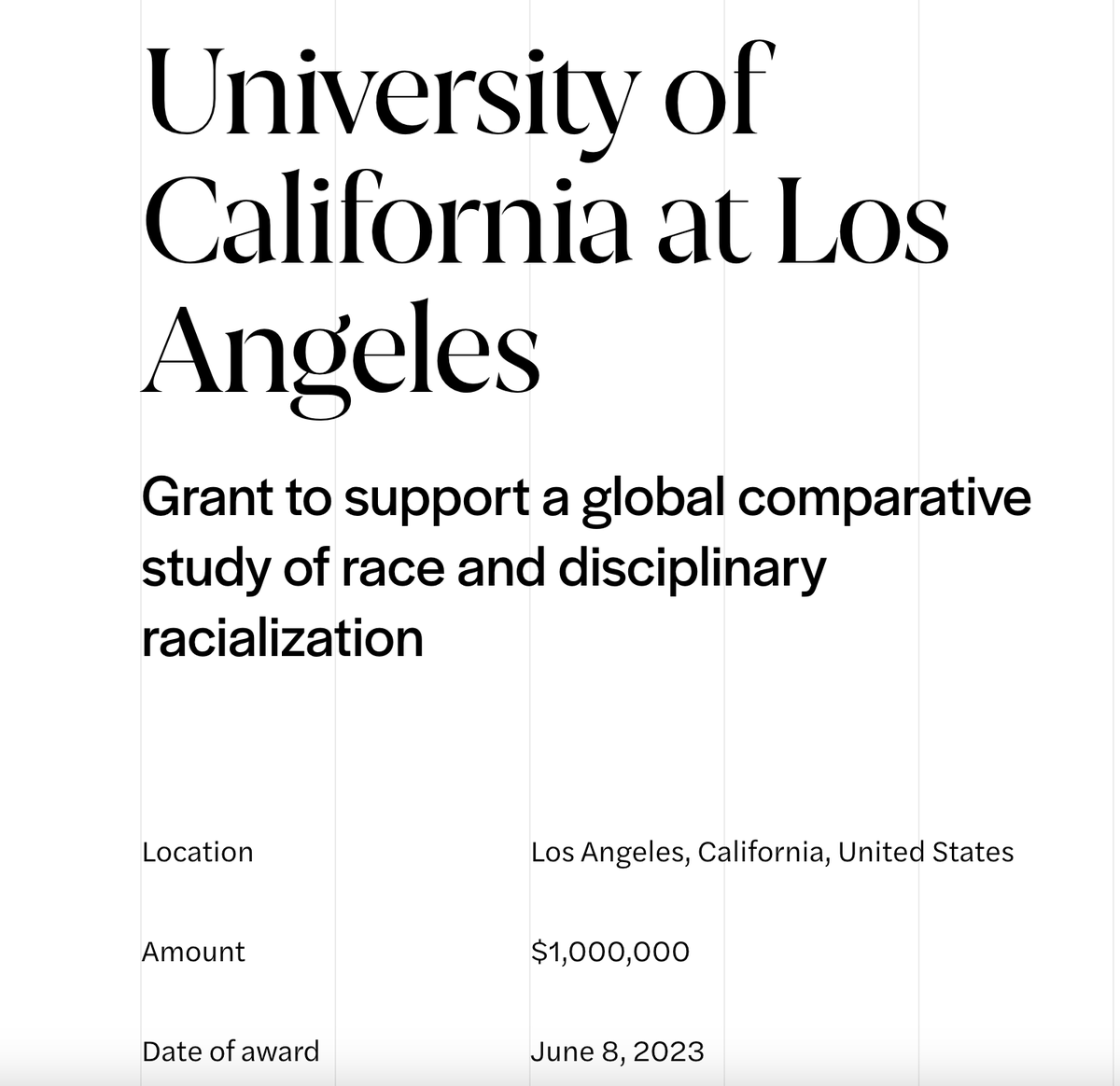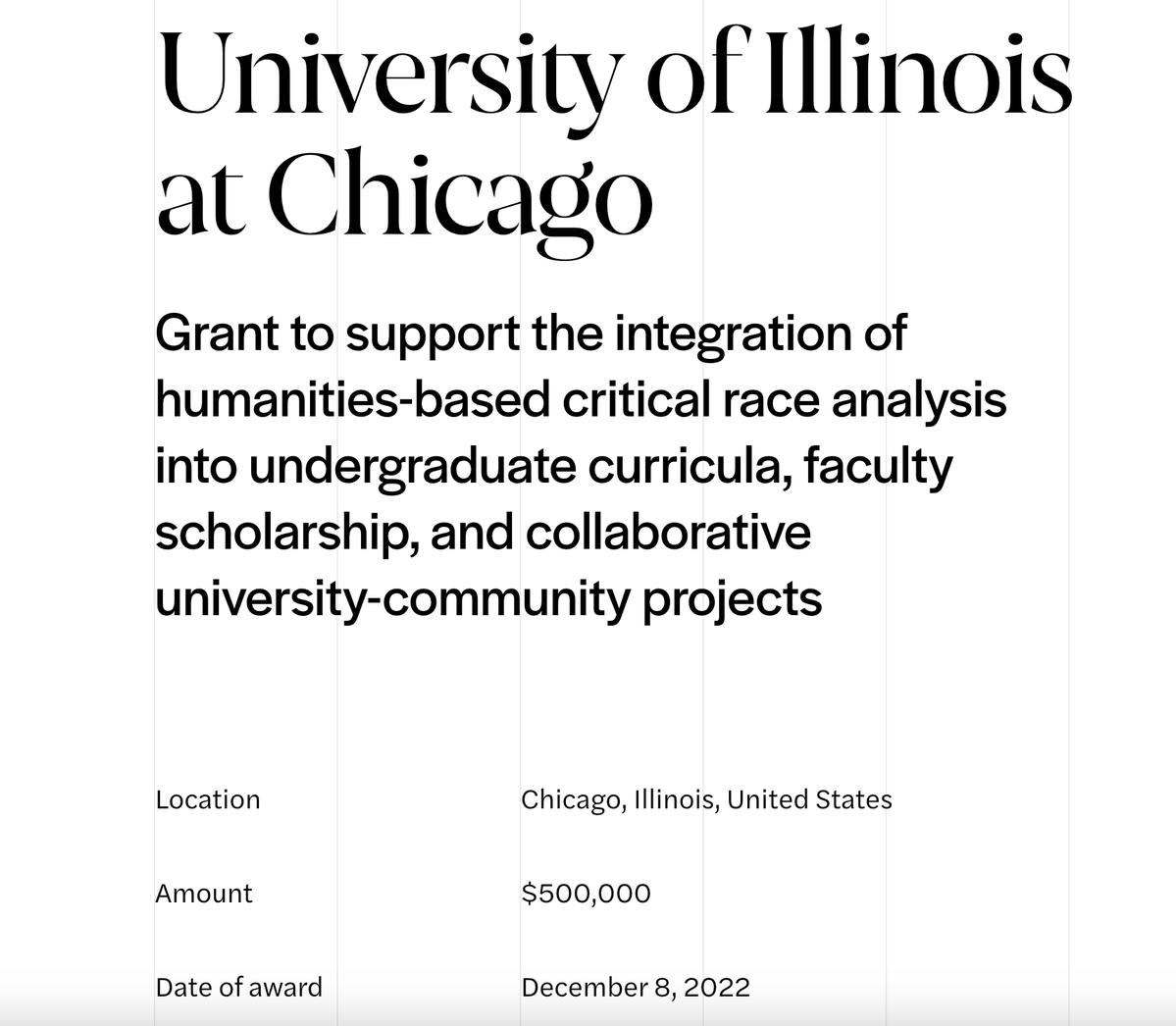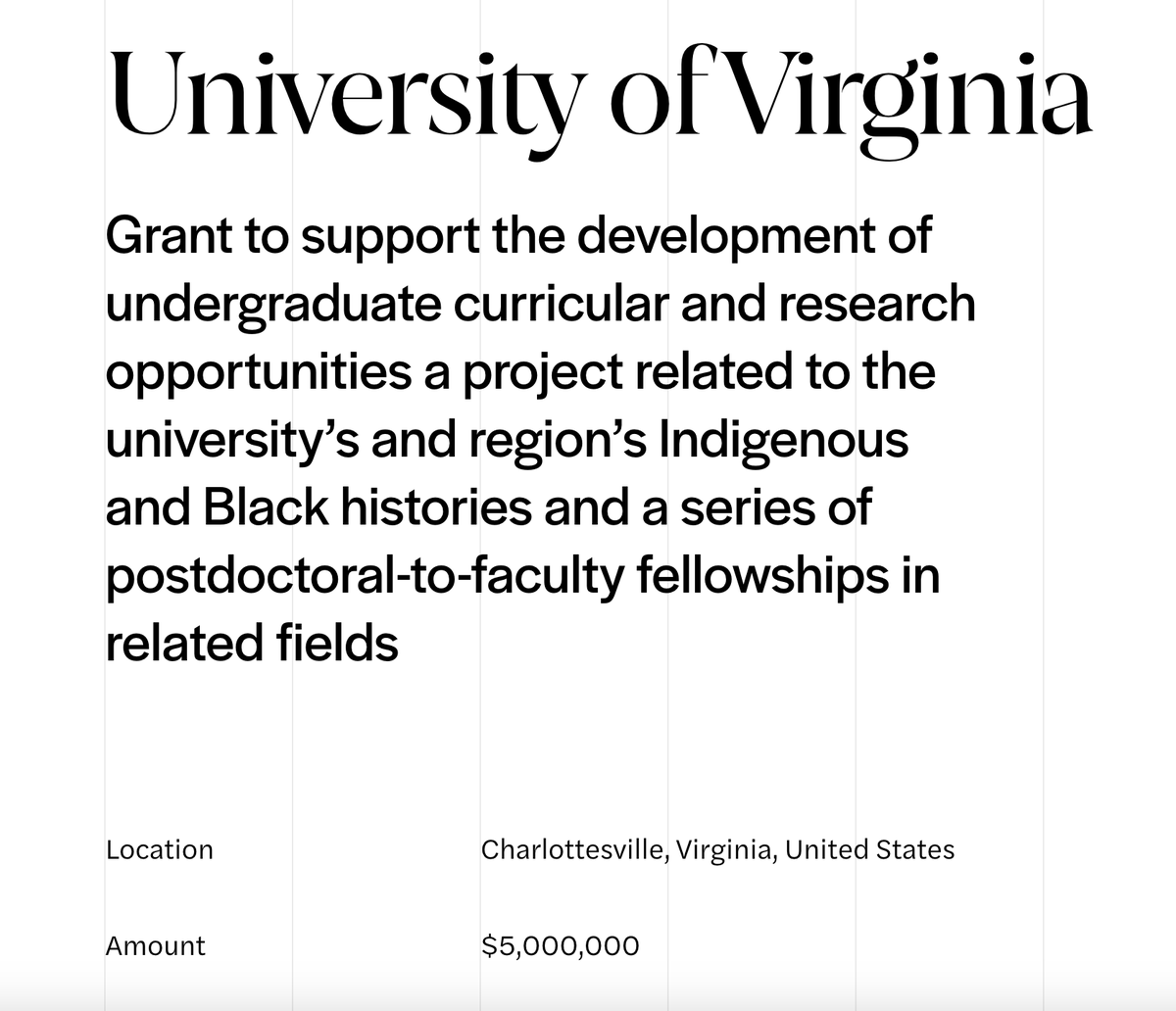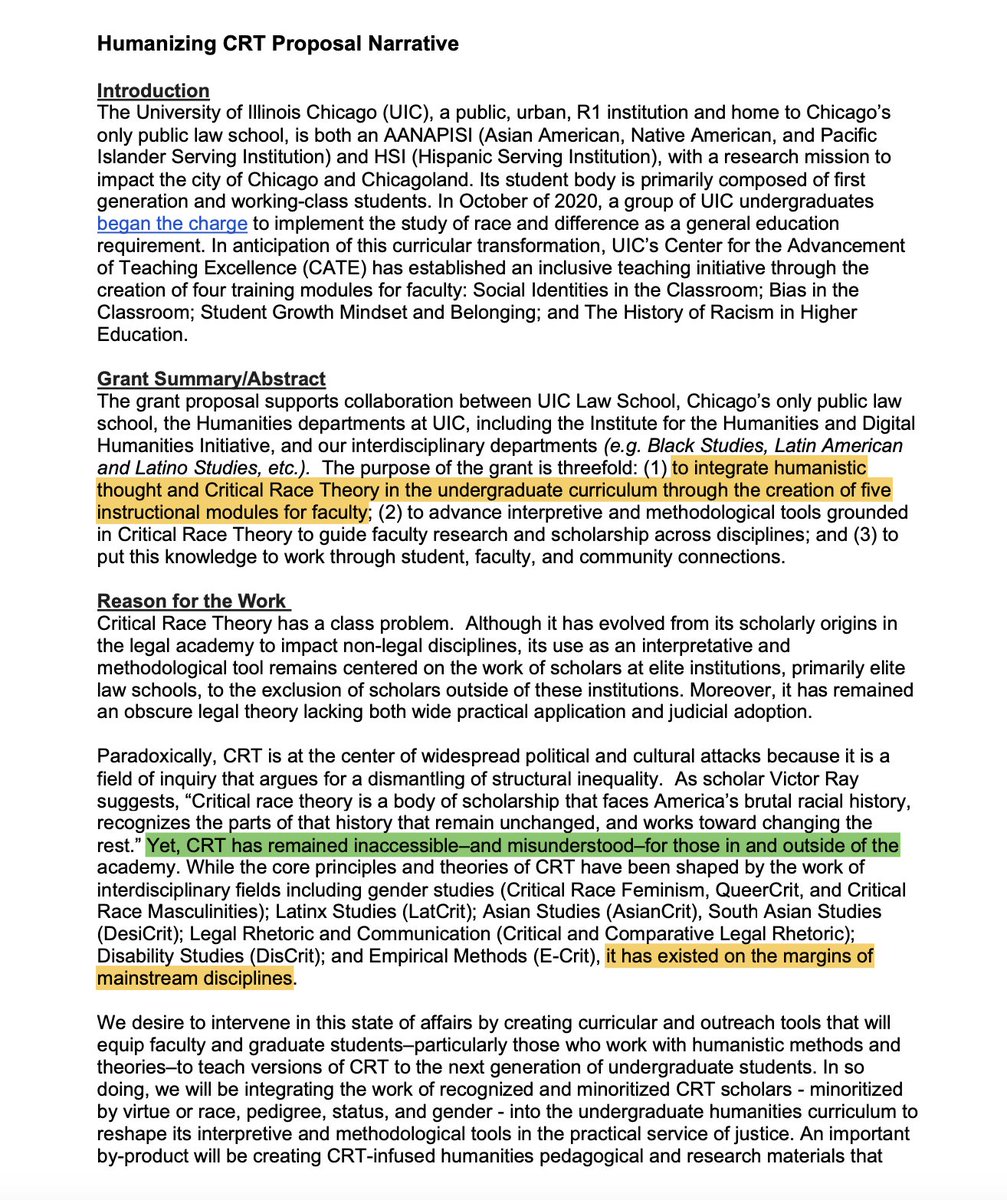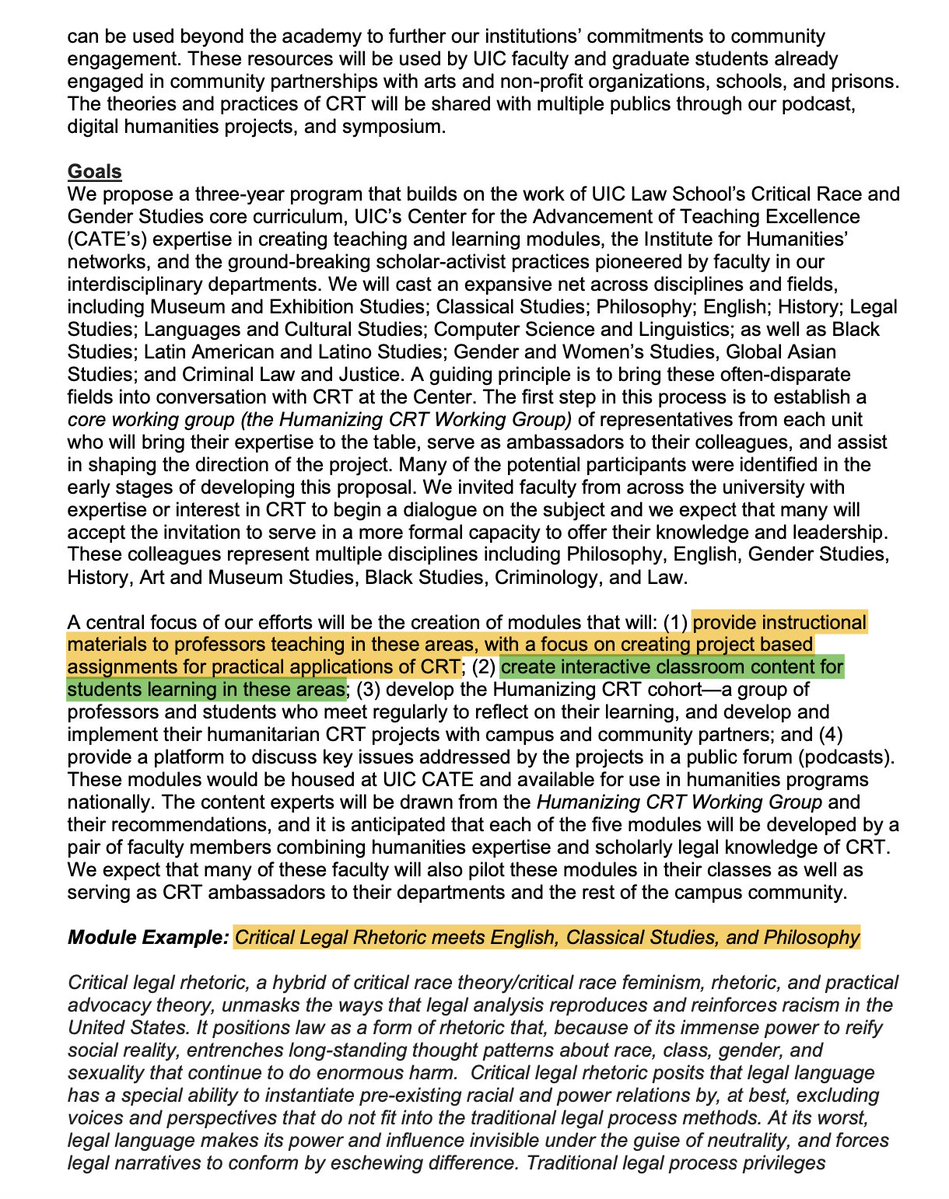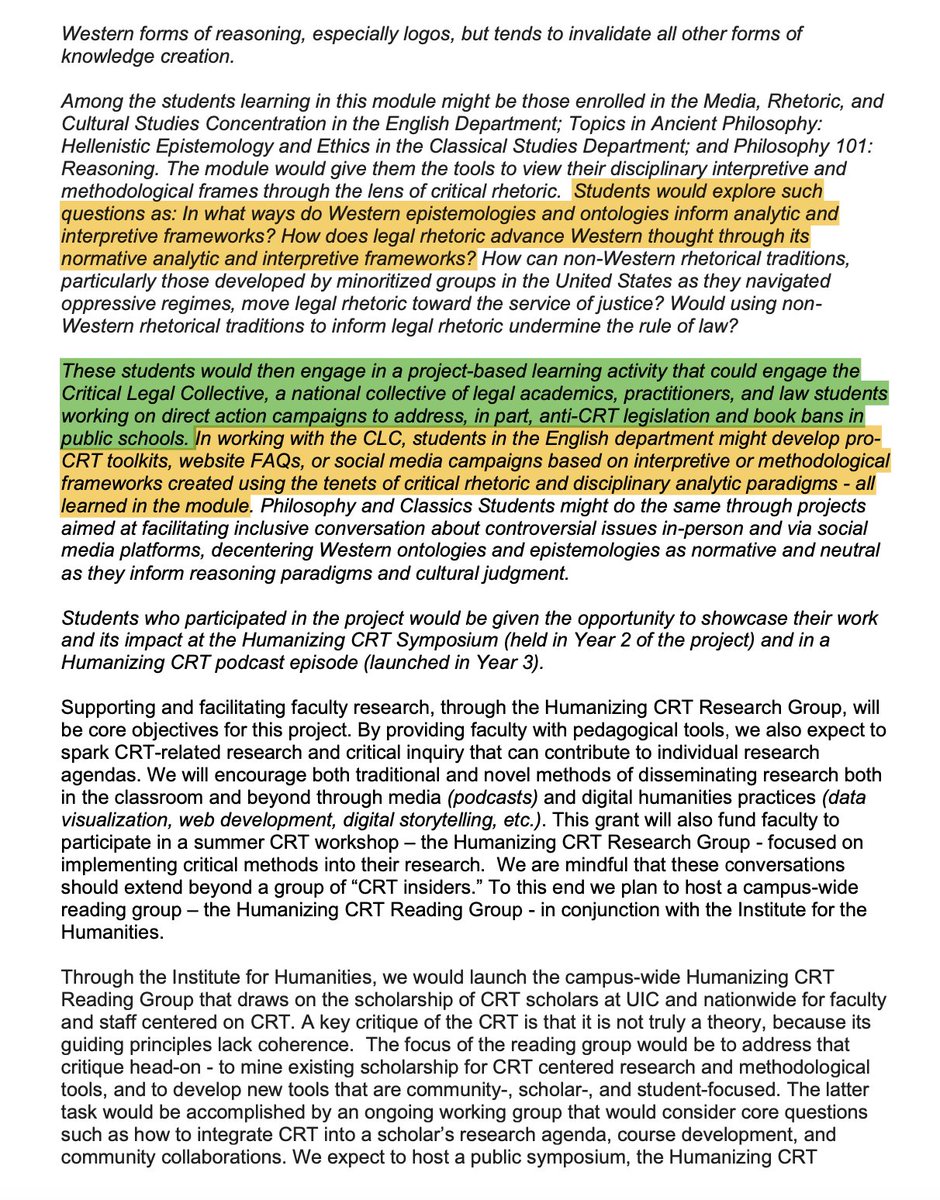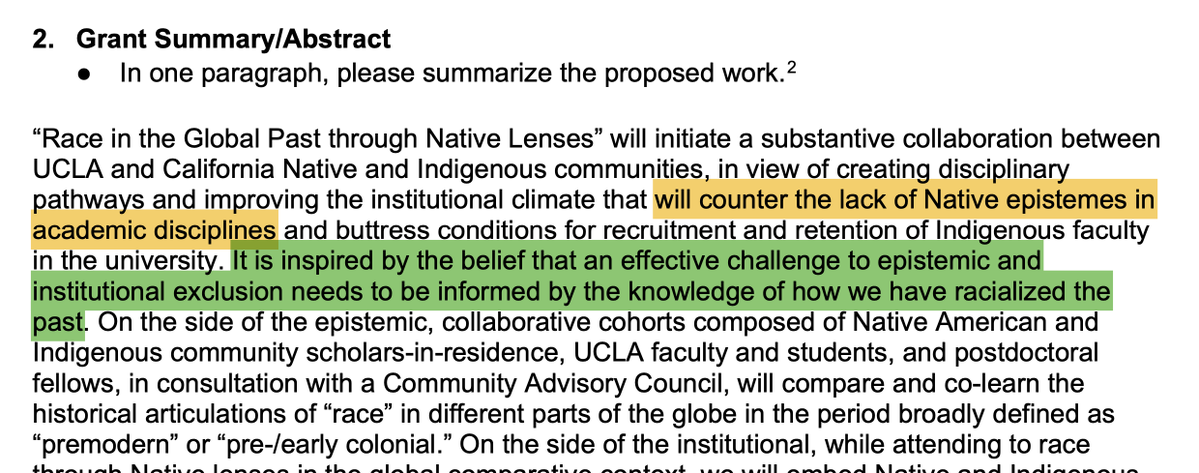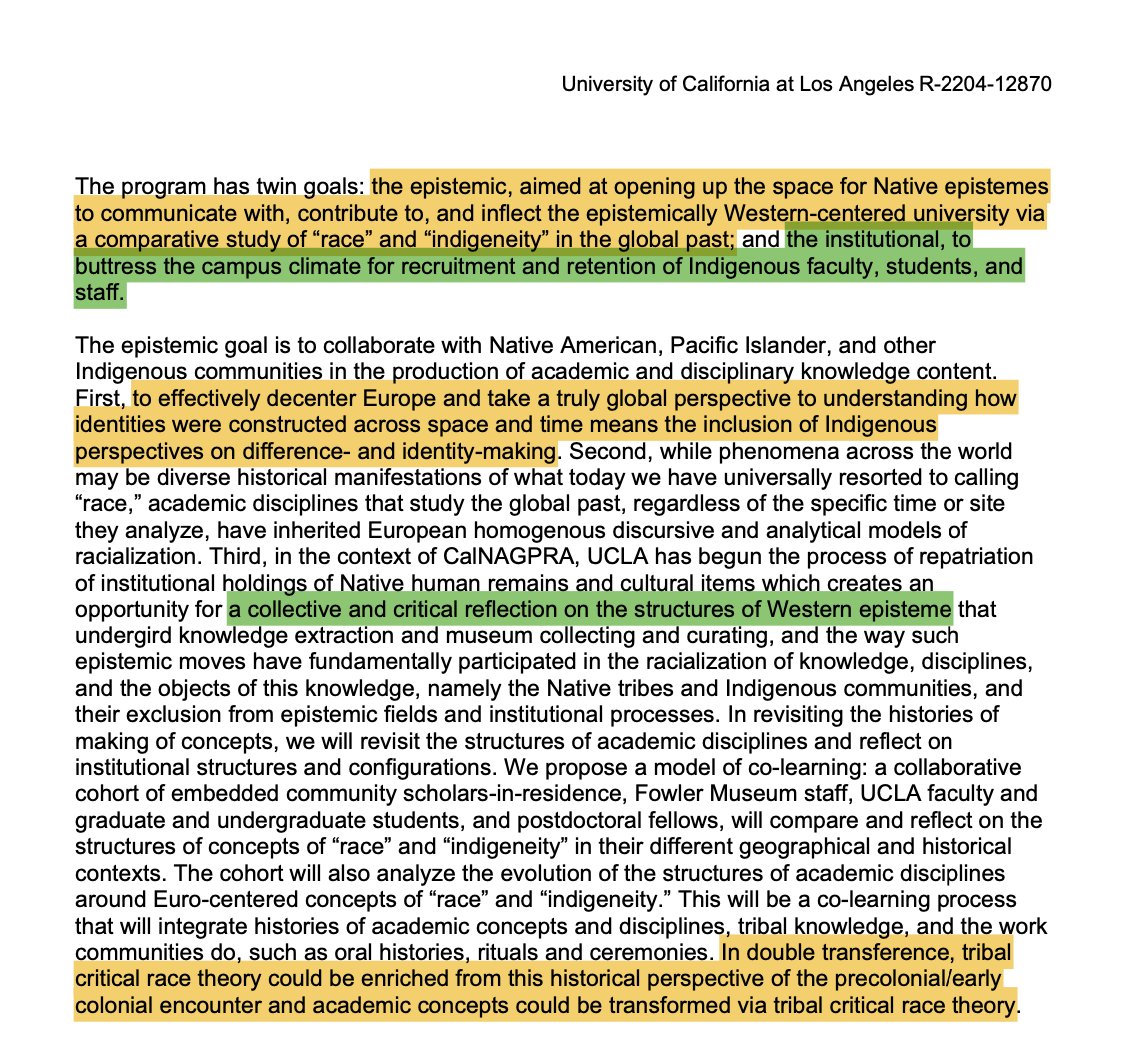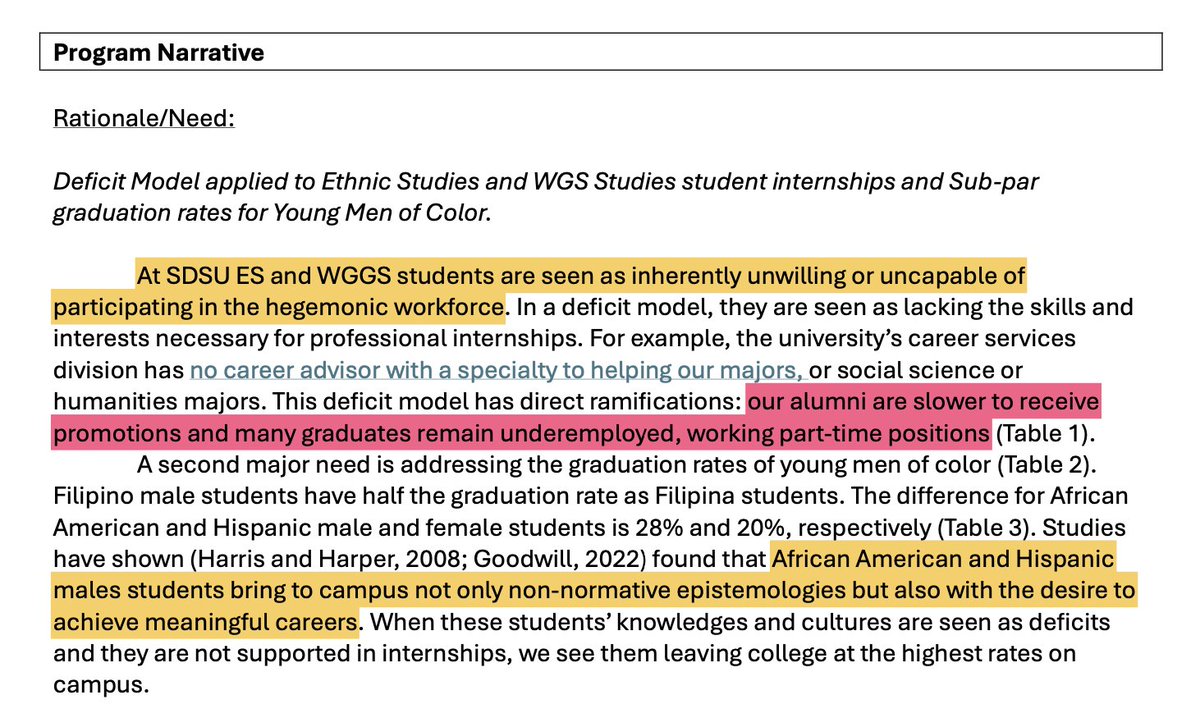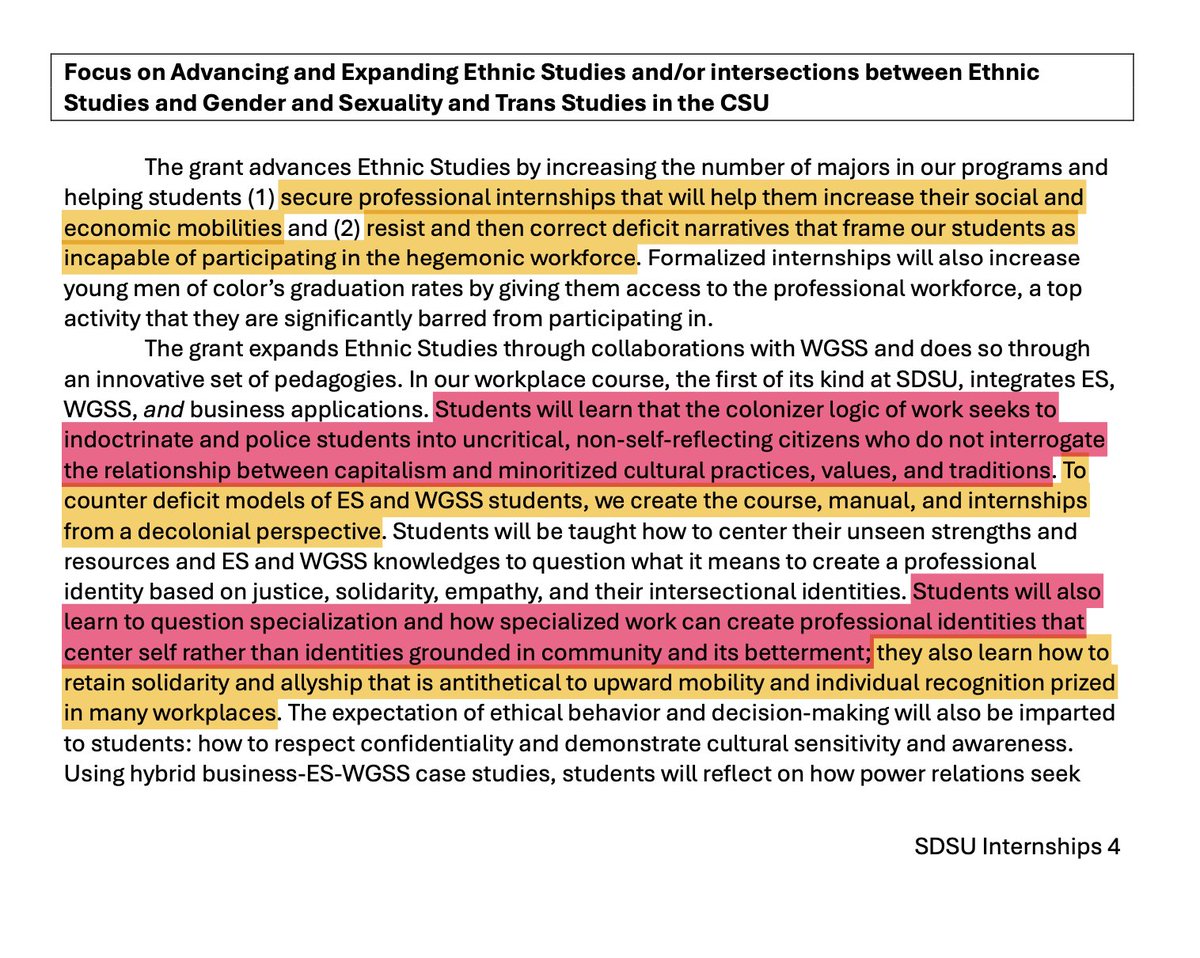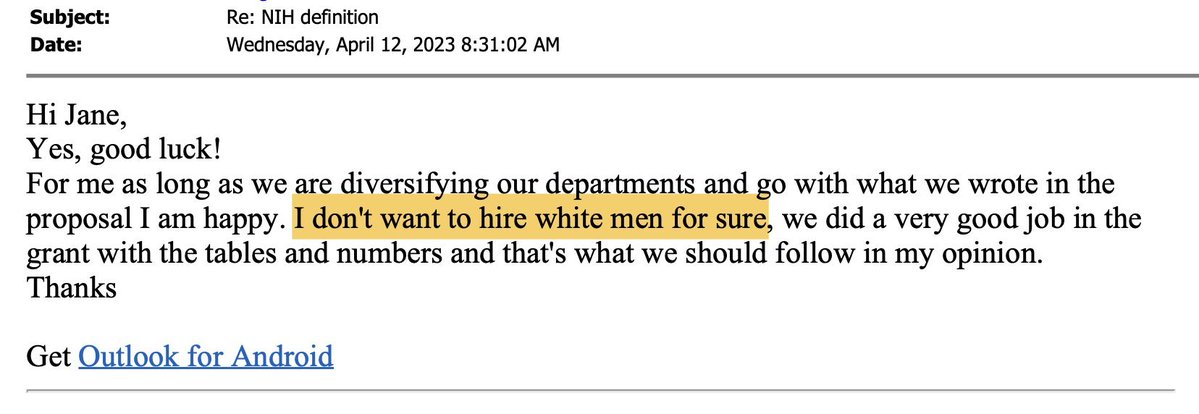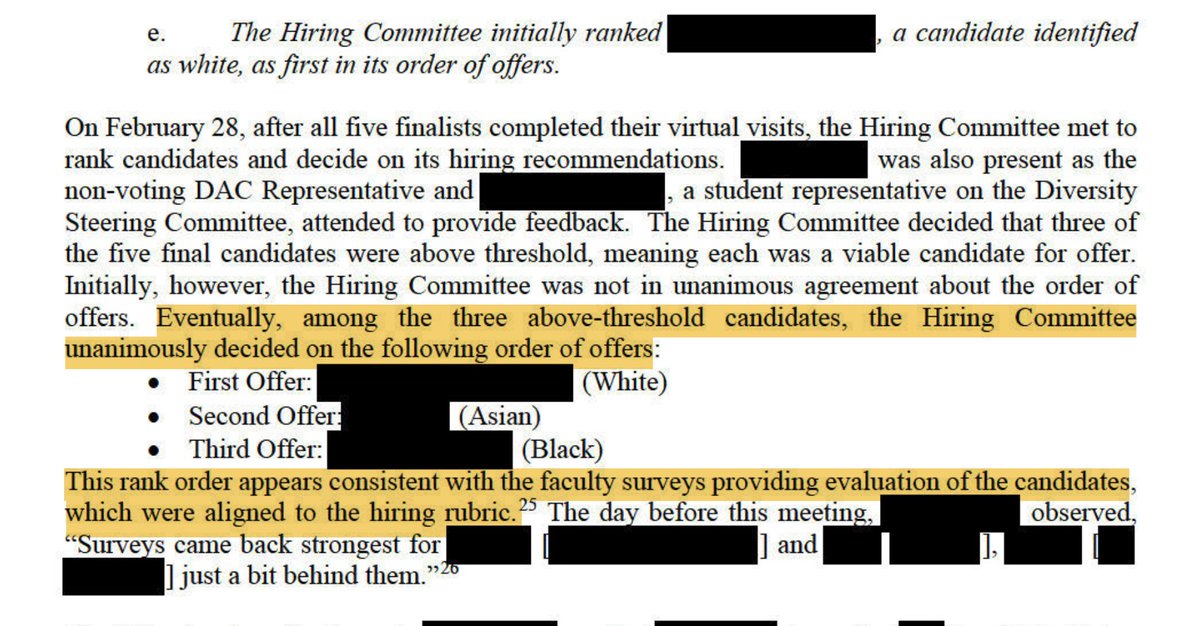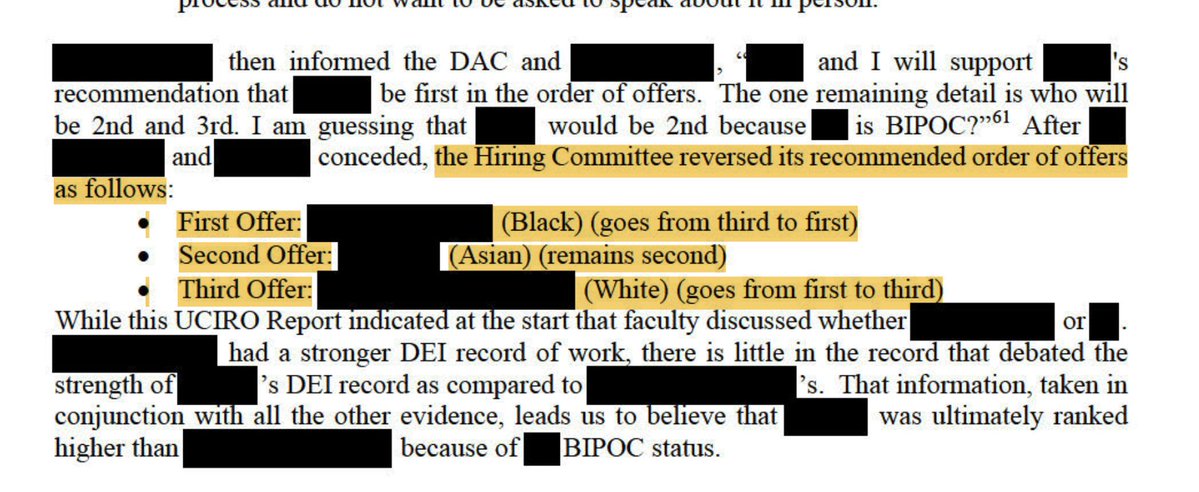Princeton President Chris Eisgruber argues: Trump’s demands violate academic freedom, the admin is using science funding to influence policies that have nothing to do with science (e.g. admissions policies).
It's hard to take this completely seriously. Here's why: (🧵)
It's hard to take this completely seriously. Here's why: (🧵)
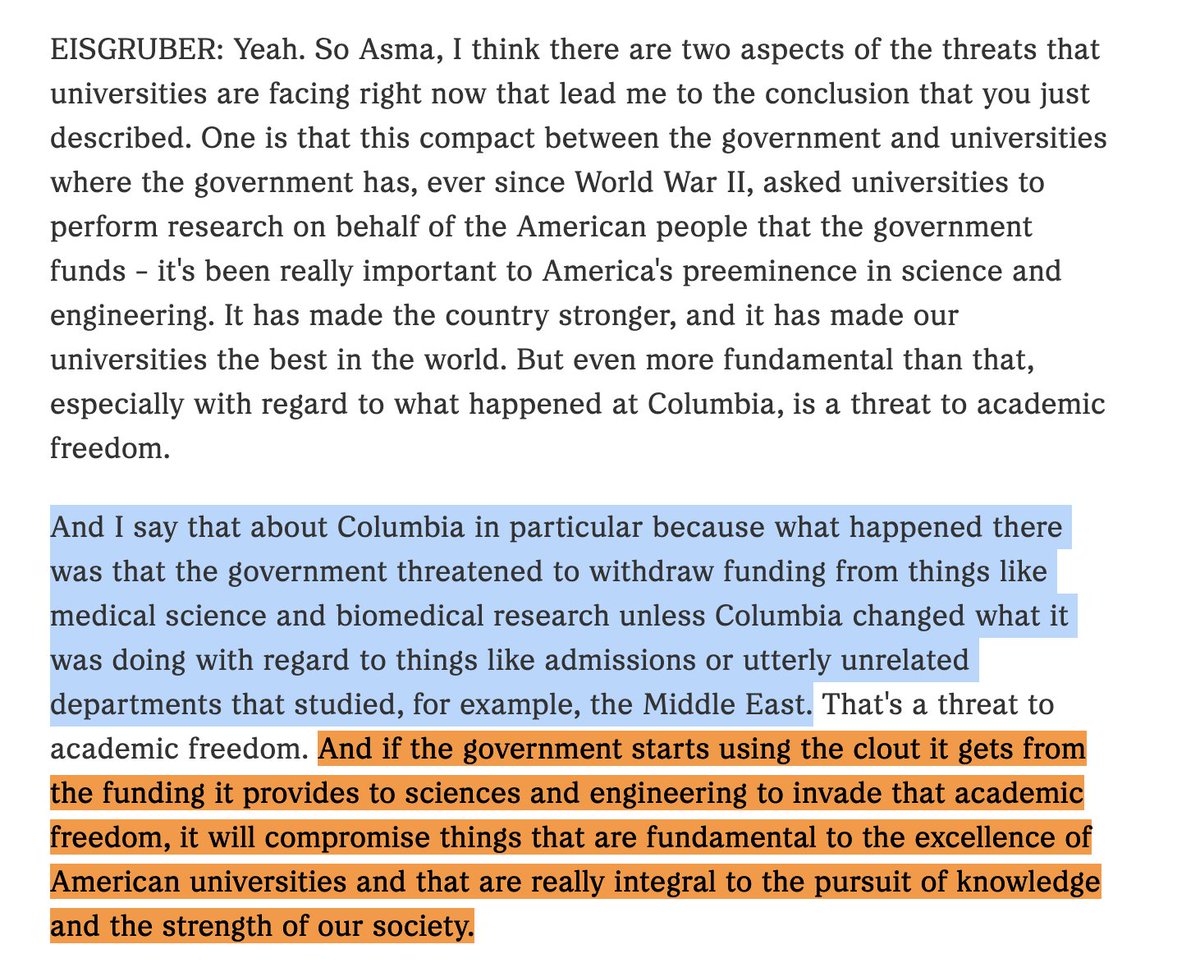
The federal government constantly uses its funding “clout” to elicit university policies. Most recently, this has come in the form of heavy handed diversity requirements, which of course involves admissions policies.
As far as I know, Eisgruber has never raised the issue. 2/
As far as I know, Eisgruber has never raised the issue. 2/
To give just one example: at the NIH, large scale training grants (T32s) have long required applicants to submit special plans on enhancing diversity, which have to meet a certain scoring threshold for the project to be funded. 

Of course, as Eisgruber knows, it’s hard to overstate the institution-shaping significance of NIH funding, and by implication, of its funding requirements.
The NIH gives its top earning universities more money annually than the state of North Carolina gives to UNC-Chapel Hill.

The NIH gives its top earning universities more money annually than the state of North Carolina gives to UNC-Chapel Hill.


Here’s Cornell’s guide to writing an NIH diversity recruitment plan. It highlights a broad array of diversity programs run by the university itself. One takeaway is that Cornell recognizes that DEI policies help score NIH grants. 



Here’s an actual diversity recruitment plan submitted as a part of a University of Florida grant proposal.
It highlights what UF has done as an institution for diversity recruitment. Again, the federal government effectively signaled a policy requirement & universities obliged.
It highlights what UF has done as an institution for diversity recruitment. Again, the federal government effectively signaled a policy requirement & universities obliged.

Are these bad funding requirements? I've long argued that they are.
Is it a violation of academic freedom to make conditions for funding? I don't think so. And until now, Eisgruber and the other university leaders circling the wagons haven't seemed to care.
Is it a violation of academic freedom to make conditions for funding? I don't think so. And until now, Eisgruber and the other university leaders circling the wagons haven't seemed to care.
• • •
Missing some Tweet in this thread? You can try to
force a refresh


